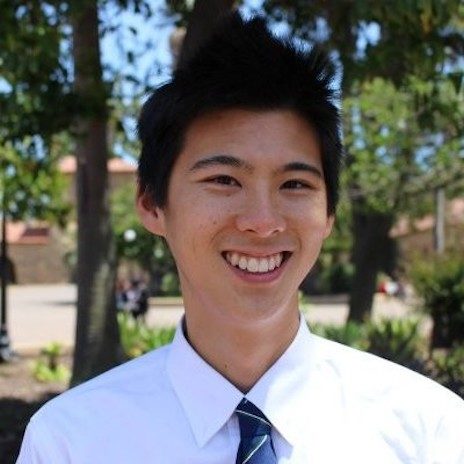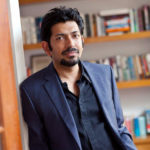
“But what if there was a way to develop a kind of therapy for these patients that didn’t take their gene mutation into account? Could we treat them effectively regardless of their mutation? These were big questions that I started with, and it’s been my work for five years now.”
Sean Wang is a postdoctoral fellow at Harvard Medical School, where helped discover a common disease pathway, downstream from genetic mutations, that has the potential to help all patients with LCA. Mouse experiments have revealed some promising therapies, including one that’s been taken up by a pharmaceutical company for further development.
Wang is working as a medical resident in Boston, where he treats patients with COVID-19. In Summer 2021, he’ll move to Stanford University to begin a combined residency and postdoc in opthamology. He’s joining a research lab that will mine the non-coding or “dark” genome for mutations that could potentially open up new ways to treat — or even cure — diseases of the eye.




